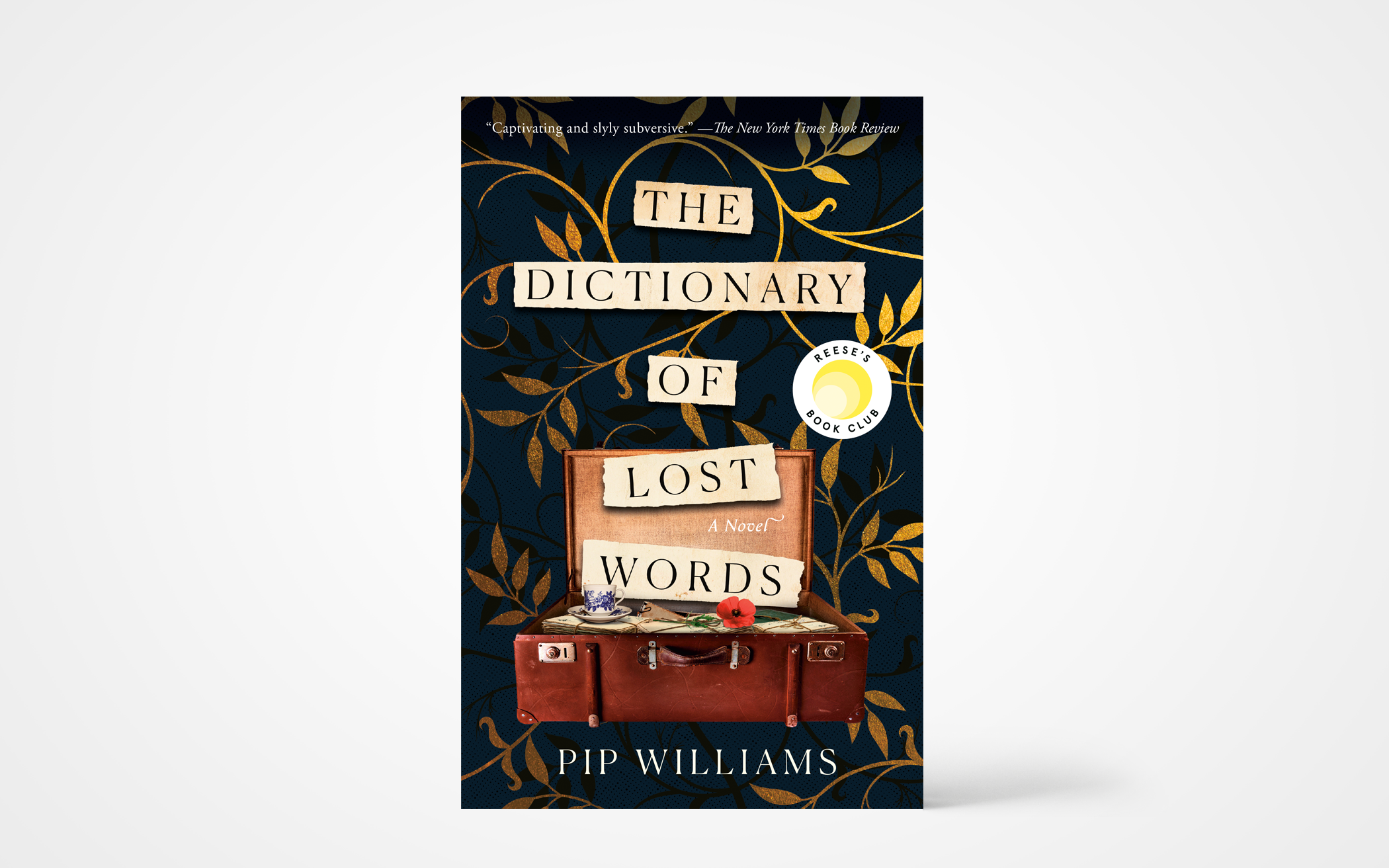In 1886, 4-year-old Esme is a motherless child cared for by her father, whom she calls Da, who is part of a team of male lexicographers working in the Scriptorium, a garden shed in Oxford, England. The men are compiling the first edition of The Oxford English Dictionary, depending on volunteers from all over the world who send in slips of paper with words defined by quotations from literary works, mostly written by men.
One day, as Esme sits under the sorting table as usual, silent and out of sight, a discarded piece of paper with the word bondmaid written on it flutters to the floor, and she gathers it up. A year earlier, when Da had thrown some slips with words written on them into the fireplace and Esme tried to rescue them and severely burned her hand, she learned a lesson: “Some words are more important than others.” However, it took her a long time to understand why.
In the following years, Esme surreptitiously collects other discarded words and stores them in a trunk. She realizes, “My trunk is like the Dictionary…. Except it’s full of words that have been lost and neglected.” In a flash of insight, Esme etches into the inside of the trunk’s lid words that reveal her budding life’s passion: “The Dictionary of Lost Words.”
Gradually Esme realizes that as she “serves the words” as the other lexicographers are doing, she also longs to collect words that will never make it into The Oxford English Dictionary. Her relationship with Lizzie, a servant, provides an avenue for Esme to collect words from working-class people and women in the marketplace. But she wants to do more than store the words in her trunk and keep them hidden away. About the words she’s accumulated, Esme says to Lizzie, “They weren’t given to me to hide away. They need an airing. They should be read, shared, understood. Rejected, maybe, but given a chance. Just like all the words in the Scriptorium.”
Though Esme is a fictional character, author Pip Williams includes in her illuminating narrative numerous real-life people who shaped the formation of The Oxford English Dictionary. Throughout this enjoyable, stimulating novel for adults, Williams weaves social justice themes that still resonate today. (Penguin Random House)
About the Author
Sonya VanderVeen Feddema is a freelance writer and a member of Covenant CRC in St. Catharines, Ontario.

